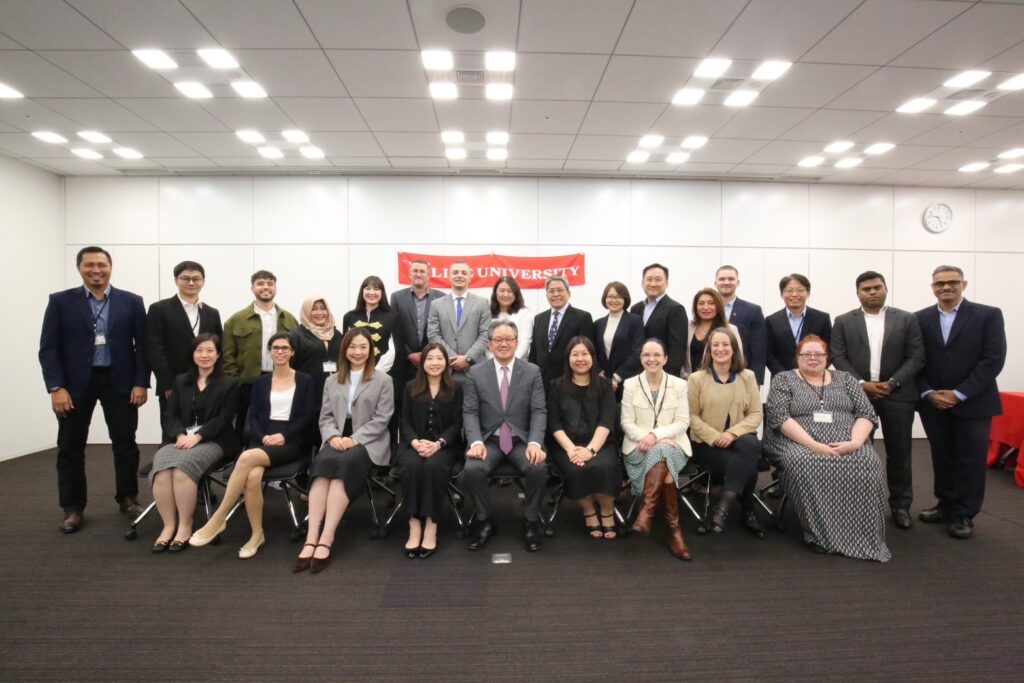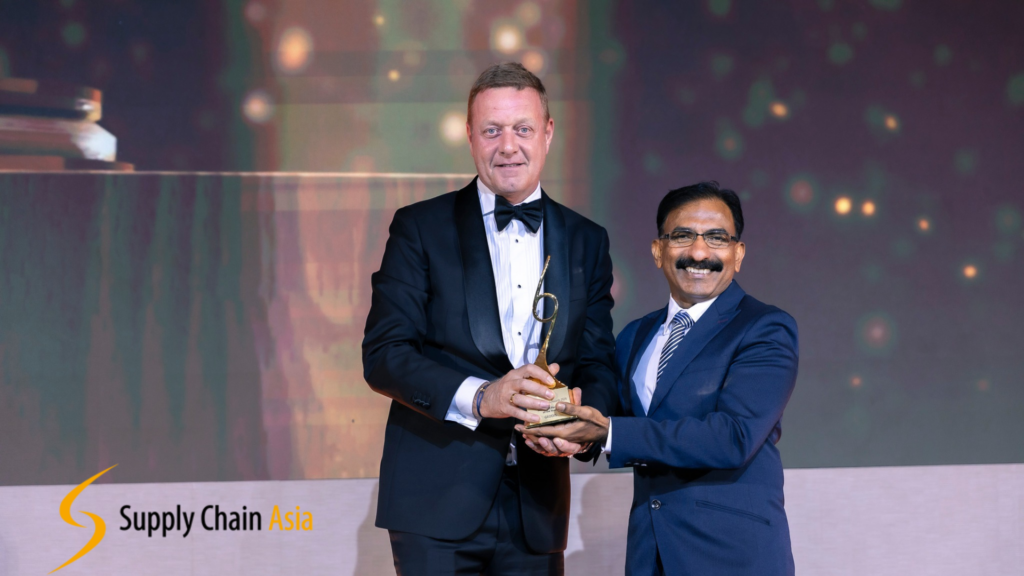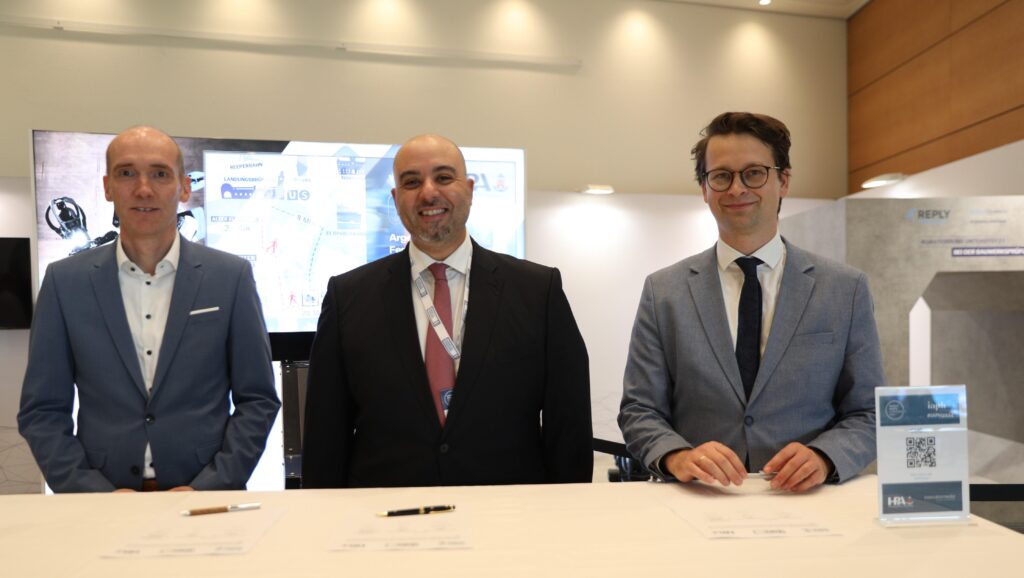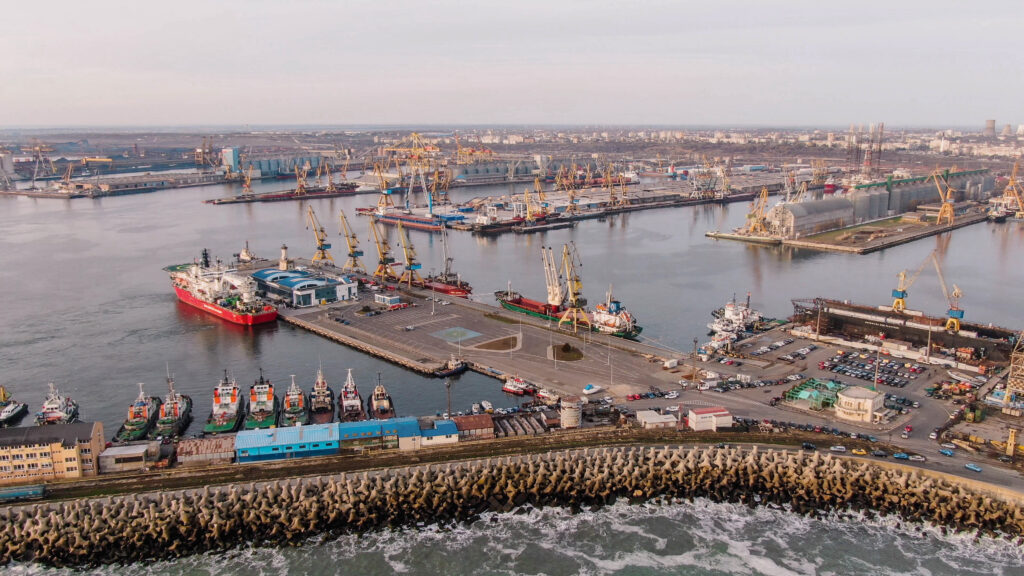Steady growth in flexitank usage around the world prompts container owners and specialist insurer to offer safety guidelines to assist shippers, forwarders, carriers and terminals to handle cargo carried in these units with minimal risk.
Global freight insurance provider, TT Club has issued the latest in its series of Stop Loss publications together with the Container Owners Association (COA). Focusing on the increasingly popular flexitank unit to ship bulk liquid cargoes, Flexitanks in the supply chain – defining safe operations seeks to identify the applicable risks, highlight good practice and provide practical risk mitigation guidance for those in the supply chain who procure, fit, pack, unpack and handle cargoes being shipped in flexitanks.
It is intended to be consulted and used in conjunction with the IMO/ILO/ UNECE Code of Practice for Packing Cargo Transport Units (CTU Code¹) and the Container Owners Association’s (COA) Flexitank Code of Practice².
In recommending the Stop Loss document, Mike Yarwood TT’s MD Loss Prevention said, “An increasing number of shippers recognise the benefits of shipping their bulk liquid cargoes in flexitanks. The demand continues to grow globally and both TT and the COA consider our publishing of these guidelines timely in order to maintain the safety of the process.”
As in essence a large single use bladder with valves that fits inside a general purpose freight container, the flexitank operates as part of a system which includes the container, its fittings and restraining equipment. While there are advantages to their use in transporting liquids the context of the system as a whole does require additional considerations and risks at various stages of the supply chain. These include cargo compatibility and transit circumstances.
Various liquids are commonly carried from fruit juices to molasses and from edible oils to pharmaceutical products. Each commodity has considerations for the material from which the flexitank is made, the nature of valves and pipework, and serious reflection on the potential damage caused should leaks occur. Multi-modal transits, enabled by the use of containers bring concerns over intermodal terminal awareness of and expertise in flexitank operation as well as the consequences of variable movement and temperature conditions.
The involvement of the COA in the preparation of the Stop Loss has been invaluable in bringing the vast experience of members in the safe operation of these units and the implementation of best practice throughout the supply chain to which both TT and the COA are dedicated. This Stop Loss is aimed at advancing the cause of improved safety.
Flexitanks in the supply chain – defining safe operations can be downloaded HERE
¹IMO/ILO/UNECE Code of Practice for Packing of Cargo Transport Units (CTU Code) | UNECE
²COA Flexitank Code of Practice V6-O Operators 07.2019
About TT Club
TT Club is the established market-leading independent provider of mutual insurance and related risk management services to the international transport and logistics industry. TT Club’s primary objective is to help make the industry safer, more secure, and more sustainable. Founded in 1968, the Club has more than 1500 Members, spanning container owners and operators, ports and terminals, and logistics companies, working across maritime, road, rail, and air. TT Club is renowned for its high-quality service, in-depth industry knowledge and enduring Member loyalty. It retains more than 97% of its Members, with a third of its entire membership having chosen to insure with the Club for 20 years or more.
About COA
The Container Owners Association (COA) is an international organization representing the common interests of all owners of freight containers. Its principle aims are to develop standards in order to enhance industry efficiency, to disseminate information through conferences, training and education, to promote the safe of operation of containers and to strengthen environmental awareness. Full Members of the Association include container shipping lines, leasing companies and intermodal operators, while Associate Membership is open to suppliers of a wide range of container equipment, systems and services.












